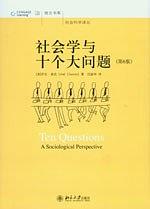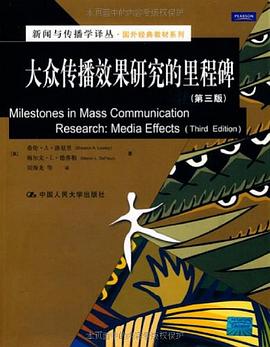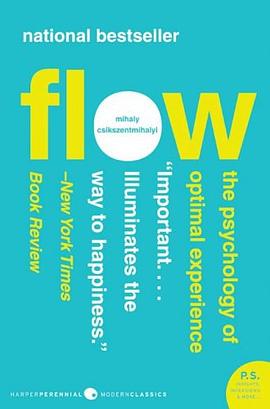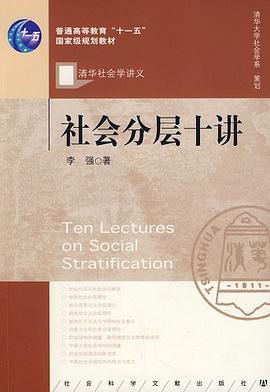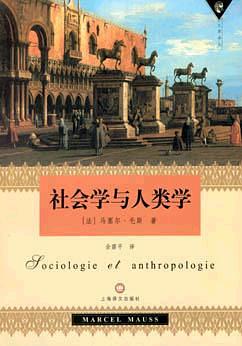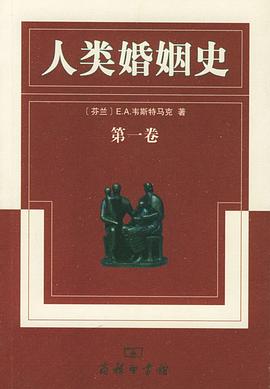

具體描述
Why is the Mona Lisa the most famous painting in the world? Why did Facebook succeed when other social networking sites failed? Did the surge in Iraq really lead to less violence? How much can CEO’s impact the performance of their companies? And does higher pay incentivize people to work hard?
If you think the answers to these questions are a matter of common sense, think again. As sociologist and network science pioneer Duncan Watts explains in this provocative book, the explanations that we give for the outcomes that we observe in life—explanation that seem obvious once we know the answer—are less useful than they seem.
Drawing on the latest scientific research, along with a wealth of historical and contemporary examples, Watts shows how common sense reasoning and history conspire to mislead us into believing that we understand more about the world of human behavior than we do; and in turn, why attempts to predict, manage, or manipulate social and economic systems so often go awry.
It seems obvious, for example, that people respond to incentives; yet policy makers and managers alike frequently fail to anticipate how people will respond to the incentives they create. Social trends often seem to have been driven by certain influential people; yet marketers have been unable to identify these “influencers” in advance. And although successful products or companies always seem in retrospect to have succeeded because of their unique qualities, predicting the qualities of the next hit product or hot company is notoriously difficult even for experienced professionals.
Only by understanding how and when common sense fails, Watts argues, can we improve how we plan for the future, as well as understand the present—an argument that has important implications in politics, business, and marketing, as well as in science and everyday life.
著者簡介
Duncan J. Watts (born 1971) is an Australian researcher and a principal research scientist at Yahoo! Research, where he directs the Human Social Dynamics group. He is also a past external faculty member of the Santa Fe Institute and a former professor of sociology at Columbia University, where he headed the Collective Dynamics Group. He is author of the book Six Degrees: The Science of a Connected Age and Everything is Obvious Once You Know the Answer.
圖書目錄
讀後感
常识对于我们个人的生活,起到的作用无可替代。期中的因果思维、光环效应、关键影响人理论……都是基于我们个人的常识演绎或推导出来的。这些常识在现如今的复杂多变的系统中起到的作用却非常有限,而我们却有意无意的忽略了这点。 一、因果与相关性 当A在B之前发生,那么A就是...
評分 評分 評分我们有过学问恐慌,有过知识焦虑,如果可以把知识和常识一刀两断的话,那可能还有过常识匮乏。我们的这种担心,来自于一种不足的状态,或者自认为不足的状态,所以出于本能我们会认为,消除或者消减这种担心的唯一办法就是获取、获取、再获取,只有我们学习了更多的知识,掌握...
評分用戶評價
本書很流暢,但缺點在於講的東西新內容很少,所以隻是偶爾有養分而已,當然如果5年前看此書感覺會很不一樣,所以timing是真重要的
评分可以給本科生課上閱讀,用來為the social sciences正名。
评分看來社會科學僅僅是剛開始啊,混沌學真是讓人從科學角度最能體會到命運無常的瞭,接下來看失控!
评分Don't trust common sense, trust measurement.
评分文中把各種學科的一堆東西揉在一起定義的“常識”恐怕對具體的學科指導性有限,但對於大眾讀者來說完全拋棄常識也不太可行。具體舉例的研究結論很廣泛,如果之前沒聽說過的話可以收獲一批雜學(。
相關圖書
本站所有內容均為互聯網搜索引擎提供的公開搜索信息,本站不存儲任何數據與內容,任何內容與數據均與本站無關,如有需要請聯繫相關搜索引擎包括但不限於百度,google,bing,sogou 等
© 2025 book.quotespace.org All Rights Reserved. 小美書屋 版权所有

